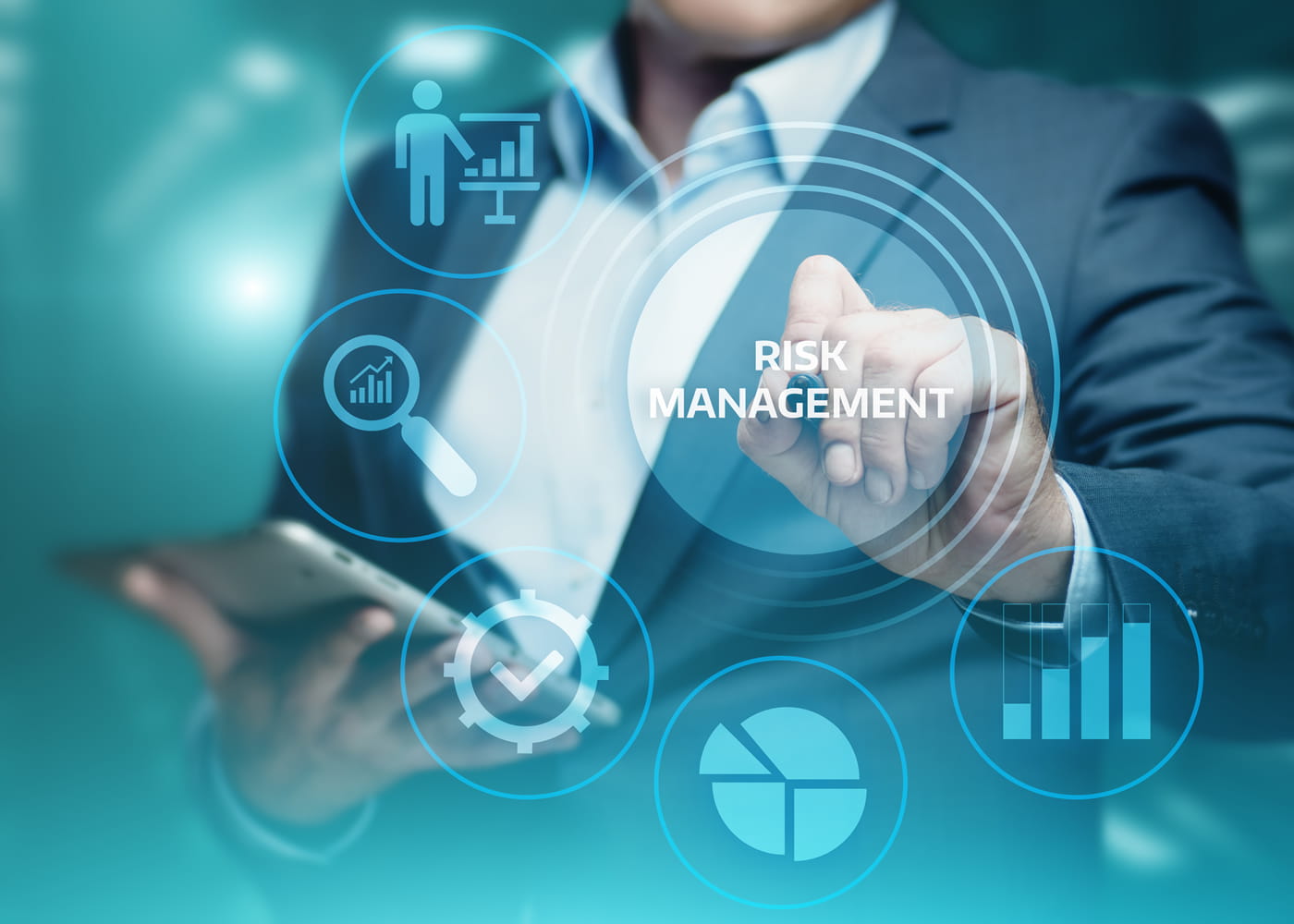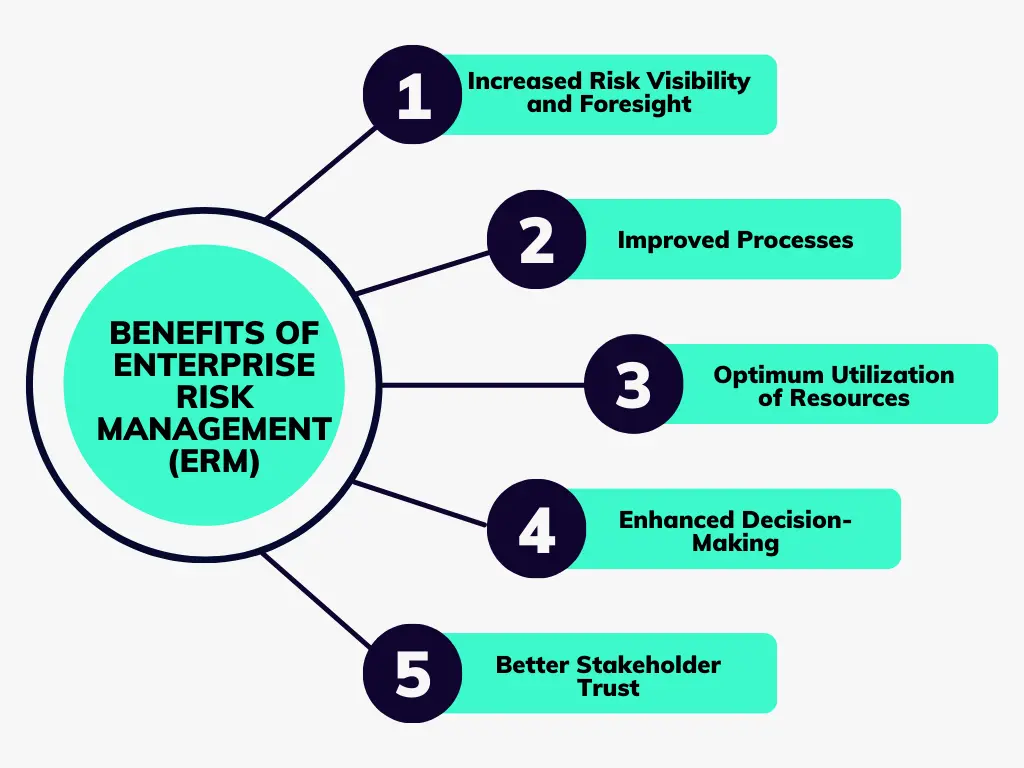Explore the Duty of AI in Promoting Ethics and Honesty to Combat Expert Threats Effectively
The combination of AI in organizational structures has become essential in attending to insider threats. By employing innovative analytics and real-time surveillance, AI systems can recognize deviations from moral habits amongst workers (Insider threats). This aggressive approach not just improves conformity however additionally cultivates a setting of trust. As companies progressively depend on these technologies, concerns occur about their efficiency and potential ramifications for workplace society. What exists ahead in the advancement of AI's duty in promoting honesty?
Understanding Insider Threats and Their Influence On Organizations
Organizations usually focus on external threats, insider hazards present a considerable danger that can undermine security and stability. These risks arise from individuals within the organization, such as specialists or employees, who might abuse their access to sensitive information for personal gain or malicious intent. The impact of expert risks can be severe, causing monetary losses, reputational damages, and legal ramifications.
Aspects adding to expert threats consist of frustration with the office, lack of oversight, and insufficient staff member training on protection procedures. Organizations often have a hard time to determine these dangers, as they can be hard to find up until considerable damages has occurred. Avoidance methods have to concentrate on promoting a culture of trust fund and liability, together with executing durable monitoring and reporting systems. By acknowledging and attending to the intricacies of insider dangers, organizations can boost their safety and security posture and protect their beneficial possessions from inner dangers.
The Development of AI in Office Safety And Security
As companies progressively face varied security difficulties, the integration of expert system (AI) in office security has developed substantially. Initially, AI applications concentrated primarily on automating standard security procedures, such as gain access to control and monitoring. Advancements in machine understanding and data analytics have transformed AI into a proactive tool qualified of identifying possible dangers and vulnerabilities in real-time.
Organizations currently take advantage of AI-driven systems to analyze substantial quantities of data, allowing them to find anomalous habits that may suggest insider risks. This advancement has actually resulted in the development of sophisticated algorithms that can discover from historic cases, enhancing the system's anticipating abilities. In addition, AI devices are significantly made use of to enhance occurrence reaction processes, allowing protection teams to act promptly and effectively.
Exactly How AI Monitors Worker Actions for Ethical Compliance
Expert system plays an important duty in keeping an eye on staff member behavior to ensure moral conformity within organizations. AI systems evaluate substantial quantities of information produced by staff members, including communications, transactions, and accessibility to delicate information. By using advanced formulas, these systems can determine variances from established moral criteria and business plans.
Artificial intelligence designs continually adapt to acknowledge patterns of actions that might suggest honest violations, such as unauthorized data accessibility or uncommon transaction activities. Insider threats. Furthermore, AI-driven devices can provide real-time informs to administration, helping with prompt interventions when potential threats are spotted
The assimilation of AI into compliance surveillance not just enhances the organization's capability to support stability yet additionally promotes a society of liability among employees. By promoting openness, AI systems work as a deterrent against unethical behavior, making sure that workers continue to be straightened with ethical requirements and business values.
Examining Patterns: Determining Risky Actions With AI
An expanding variety of companies are leveraging AI to assess patterns that might show high-risk behavior among staff members. By utilizing sophisticated algorithms, these systems can sift through huge quantities of information, determining anomalies in individual habits that might suggest possible insider dangers. For example, AI can discover unusual access patterns to delicate details, such as workers accessing files outside their typical scope of job or throughout atypical hours. Furthermore, behavior analytics can highlight frequent adjustments in a worker's communication design or cooperation behaviors, which may signify underlying concerns. This positive technique enables companies to pinpoint danger elements prior to they escalate right into substantial hazards. The combination of AI right into checking methods not just enhances safety however additionally cultivates a culture of liability and ethical habits. By recognizing these patterns, organizations can much better comprehend the behavior characteristics within their workforce, inevitably promoting a much safer and extra ethical work environment.
Real-Time Insights: Immediate Reactions to Prospective Hazards
Real-time understandings with predictive analytics and automated sharp systems play an important role in resolving potential threats to principles and integrity. By leveraging these innovations, organizations can expect risky actions and respond without delay to mitigate risks. This aggressive technique boosts responsibility and fosters a culture of integrity in different environments.
Predictive Analytics Applications

Automated Alert Systems
Predictive analytics offers a structure for companies to boost their responsiveness to moral worries with automated alert systems. These systems utilize real-time information to check tasks, detecting anomalies that might symbolize prospective expert hazards. By leveraging equipment discovering algorithms, automated signals can recognize patterns of actions that depart from established standards, permitting speedy treatment. This immediacy is vital in mitigating risks linked with underhanded methods. Furthermore, automated sharp systems can improve interaction amongst relevant stakeholders, ensuring that prospective threats are addressed immediately and efficiently. As companies progressively count on AI-driven options, the integration of automated alert systems will certainly play a critical role in promoting a society of values and integrity, inevitably protecting business assets.
Promoting a Society of Count On With AI-Driven Openness
AI-driven transparency can significantly improve trust fund within organizations by advertising accountability and open communication. With real-time surveillance services, stakeholders can obtain insights into processes and decision-making, cultivating a culture of integrity. Data-driven decision-making additionally supports this transparency, enabling notified options that straighten with ethical standards.
Enhancing Transparency and Accountability
Exactly how can companies site link effectively foster a culture of trust fund? By enhancing transparency and accountability through the calculated use fabricated knowledge. AI can aid companies methodically track decision-making processes, guaranteeing that actions align with recognized honest requirements. This openness enables employees to see the reasoning behind policies and decisions, decreasing uncertainty and promoting a sense of justness. In addition, AI-driven devices can promote clear interaction relating to duties and assumptions, empowering individuals to take possession of their activities. As responsibility comes to be deep-rooted in the organizational culture, employees are a lot more most likely to engage in ethical habits, understanding their activities are monitored and evaluated. Inevitably, this strategy grows an environment where trust can prosper, significantly reducing the threat of expert threats.
Real-Time Tracking Solutions
As organizations significantly seek to cultivate a culture of count on, real-time monitoring options become a crucial device in improving transparency. These AI-driven systems continually track activities, offering insights right into customer habits and possible abnormalities that may show insider dangers. By carrying out such tracking remedies, organizations can proactively determine dangers, guaranteeing punctual reactions to dubious tasks. This not just safeguards sensitive details but likewise strengthens a commitment to honest techniques. The clear nature of real-time tracking aids build worker self-confidence, as individuals are aware that their actions are being observed for the better good. Inevitably, these remedies serve to cultivate a workplace atmosphere based in count on, accountability, and honest stability, important for alleviating insider risks efficiently.

Data-Driven Decision Making
Real-time surveillance services prepared for data-driven decision making, which significantly boosts business openness. By leveraging AI innovations, organizations can evaluate large amounts of data to identify anomalies and patterns indicative of possible expert dangers. This logical strategy makes it possible for stakeholders to make educated decisions grounded in empirical evidence, fostering a society of depend on among workers. Transparency in decision-making processes, reinforced by AI-driven insights, urges liability and moral habits. Additionally, it enables organizations to proactively deal with vulnerabilities, ensuring that activities taken are warranted and connected clearly. Therefore, the execution of data-driven strategies not just alleviates dangers associated with insider dangers however also enhances the worths of stability and ethical conduct within the business structure.
Future Trends: The Duty of AI in Enhancing Workplace Ethics
While companies progressively turn to fabricated knowledge for operational performance, the capacity of AI to improve work environment values is getting prominence. Future fads indicate that AI will certainly play a necessary function in creating moral structures and standards, enabling companies to navigate complex ethical problems. By assessing huge quantities of information, AI can identify patterns of underhanded behavior and supply understandings that promote openness and accountability.
Additionally, AI-driven devices can facilitate real-time tracking of staff member interactions, ensuring adherence to honest criteria. This positive method not just mitigates insider risks however likewise grows a society of honesty. As companies embrace AI innovations, they have to additionally prioritize ethical programs and mathematical prejudice decrease to ensure justness.
In this evolving landscape, the integration of AI in ethical methods stands for a transformative change, fostering an environment where integrity is not merely anticipated however systematically strengthened.
Often Asked Concerns
Just How Does AI Differentiate Between Benign and Malicious Actions?
AI differentiates in between destructive and benign activities by assessing patterns in user behavior, employing device discovering formulas to determine abnormalities, and examining contextual information to figure out whether activities align with recognized norms or display prospective hazards.
Can AI Devices Replace Person Judgment in Honest Decision-Making?
AI tools can not fully replace human judgment in moral decision-making. While they can assess information and determine patterns, the nuanced understanding of context, worths, and moral implications still calls for human understanding and discernment.
What Are the Personal Privacy Ramifications of AI Checking Worker Behavior?

Just How Can Organizations Make Certain AI Algorithms Are Morally Developed?
Organizations can ensure AI algorithms are ethically made by implementing clear growth processes, involving varied stakeholders, performing routine audits, and adhering to well established ethical frameworks that focus on fairness, accountability, and regard for individual privacy and civil liberties.
What Training Is Required for Personnel to Comprehend Ai's Honest Role?
Staff training should incorporate foundational AI ethics, information personal privacy, and prejudice understanding. Workshops, study, and interactive sessions can improve understanding, ensuring employees identify AI's ethical effects and its function in cultivating stability within the company.
Man-made intelligence plays an essential role in checking worker actions to guarantee moral conformity within companies. The integration of AI into monitoring techniques not only enhances safety yet likewise cultivates a society of responsibility and honest habits. While companies increasingly encounter ethical problems and possible stability violations, predictive analytics applications use prompt insights that can assist minimize these risks. Predictive analytics gives a structure for organizations to boost their responsiveness to ethical issues with automated sharp systems. Future patterns show that AI will play a necessary duty in establishing moral frameworks and guidelines, enabling organizations to browse complex moral problems.